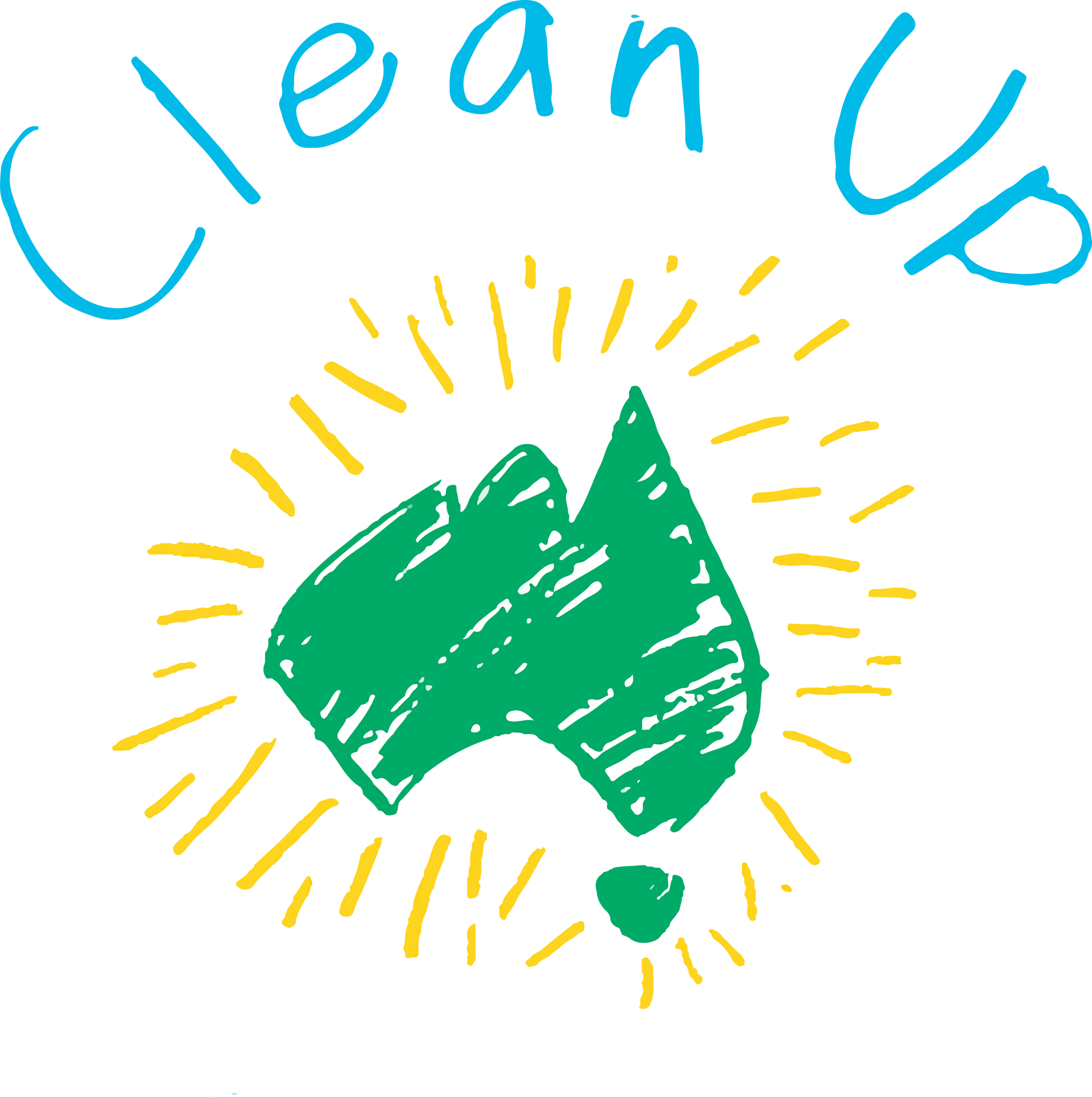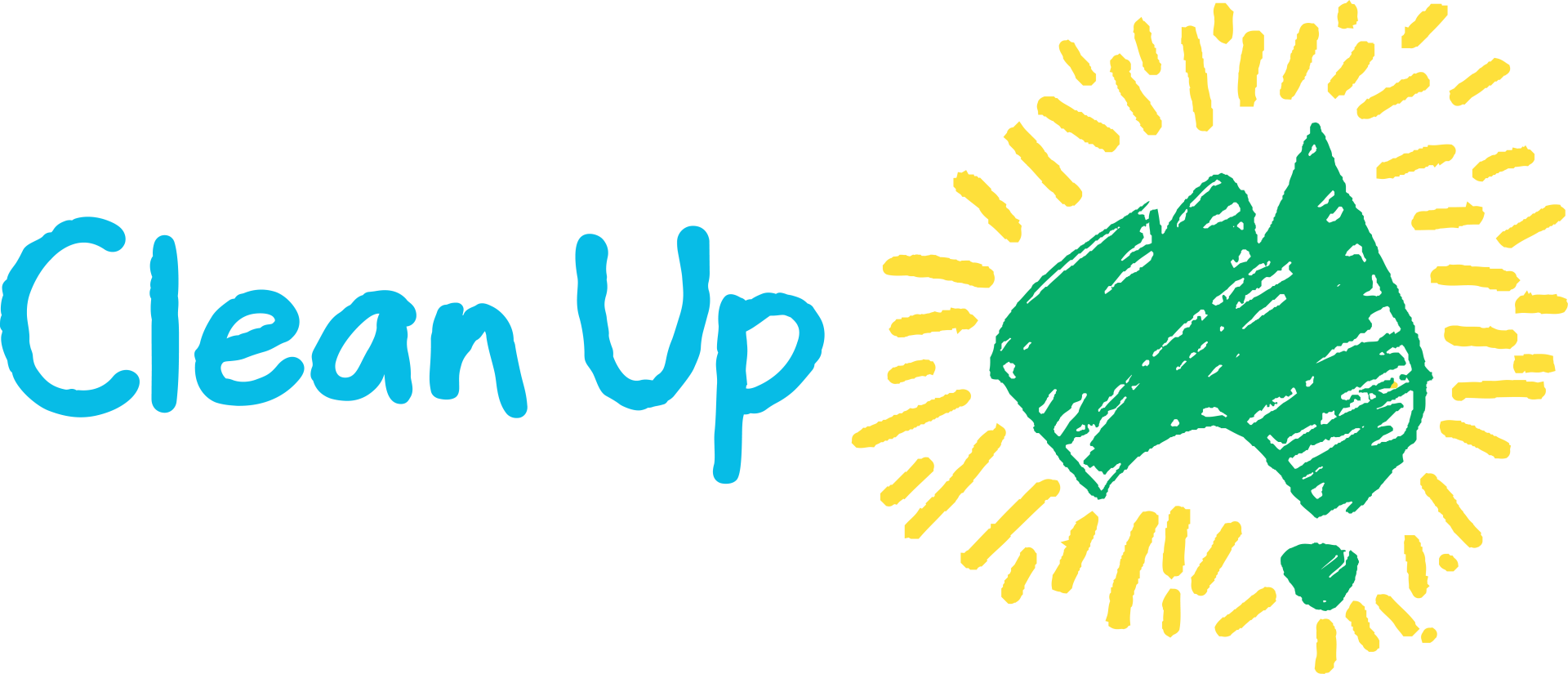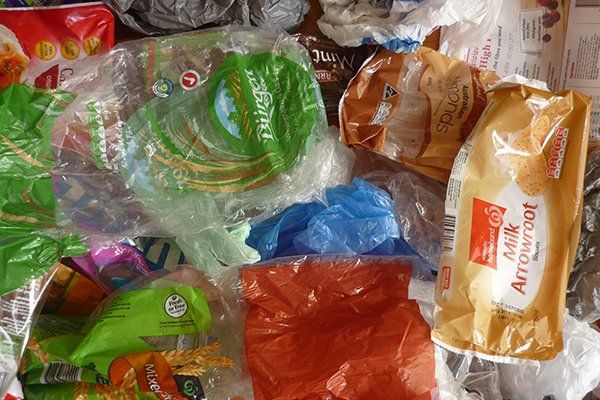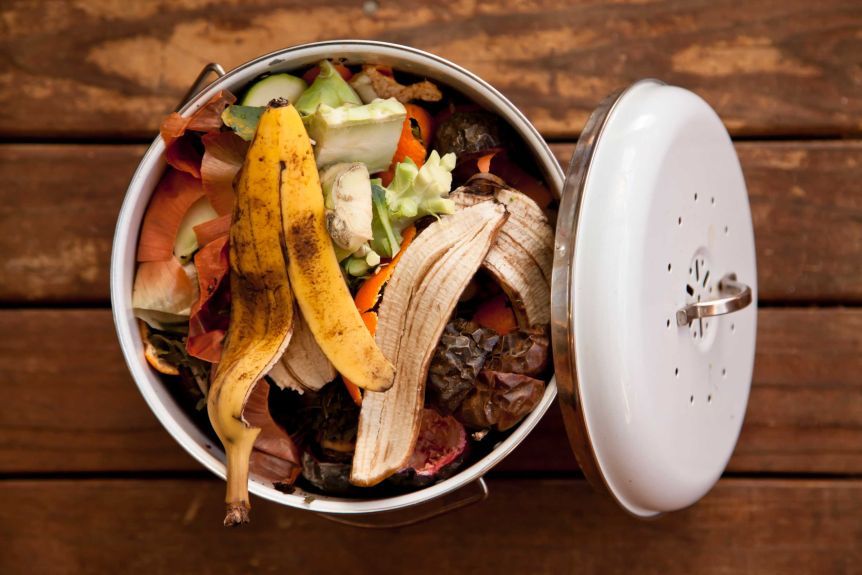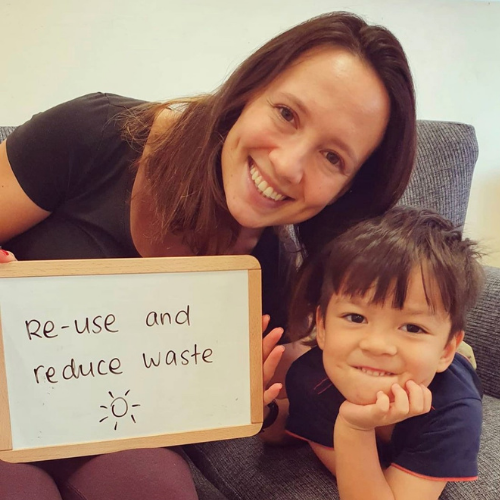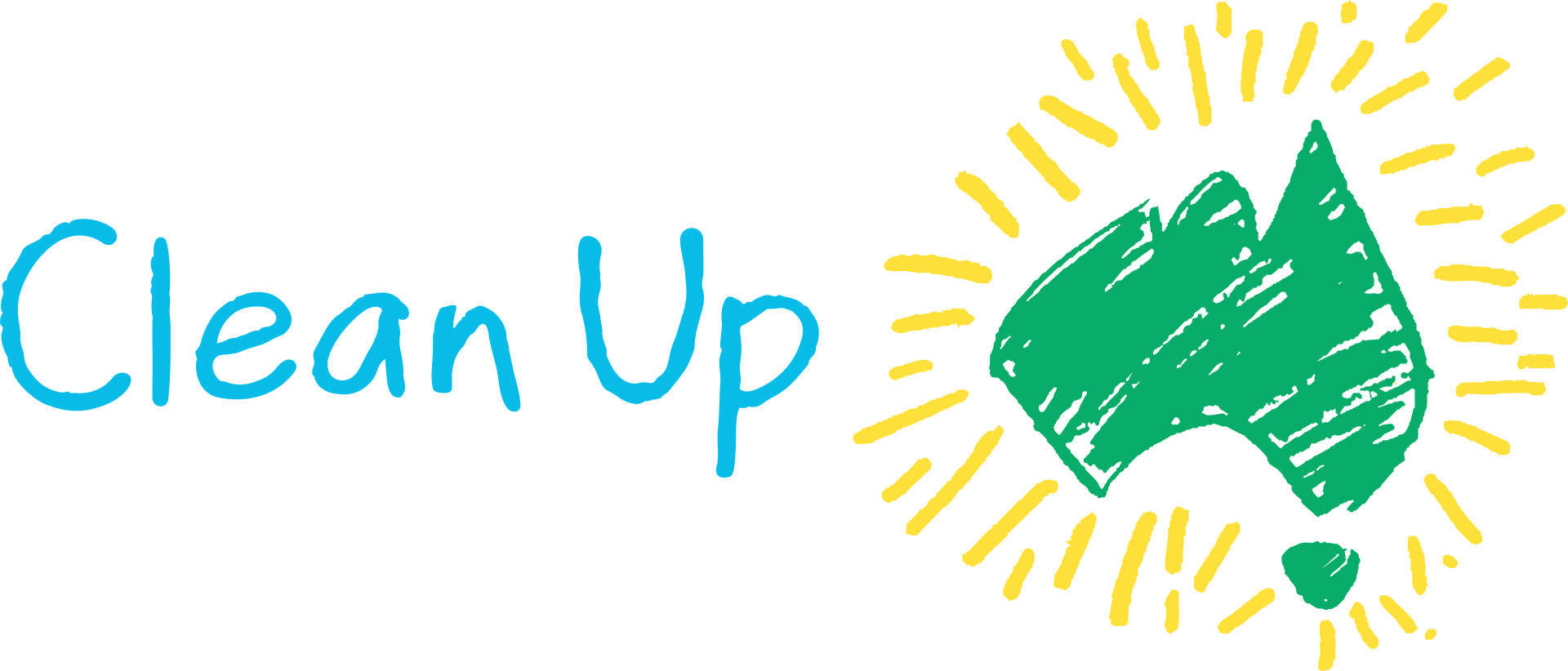Butt Out
Cigarette butts are consistently the most littered item in Australia, according to Clean Up Australia’s annual tallies - but new research reveals we could stop around four billion butts from entering the environment each year - simply by making tobacco companies responsible for the pollution they help create.
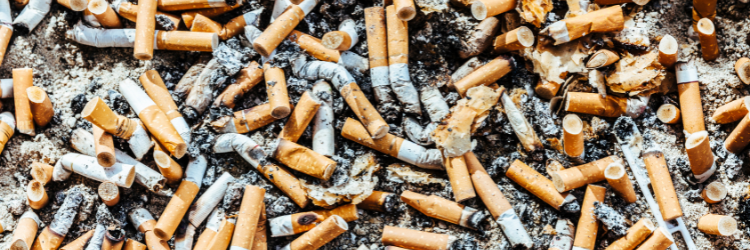
The report commissioned by the
World Wide Fund for Nature-Australia analyses seven strategies to reduce butt litter.
It’s estimated that placing direct responsibility on tobacco companies through a mandatory national product stewardship scheme could reduce cigarette butt pollution by more than 50 percent. A national ban on single-use plastic cigarette filters would eliminate plastic entering the environment through littered butts.
The report says a levy of $0.004 per cigarette could raise $71 million per year to fund the product stewardship scheme. Alternatively, tobacco companies could be required to directly fund the scheme.
Littered butts pose a range of hazards and problems in our environment. Cigarette filters are made from non-biodegradable plastic. They leach toxic materials and break up slowly, shedding microfibres and taking up to 14 years to decompose. Around one-third of nearly 100 chemicals that leach from cigarette butts are acutely or chronically toxic to aquatic species. Cigarette butts have been found in the stomachs of birds, turtles, whales and fish, where they affect digestion and potentially lead to poisoning or starvation.
Significant financial costs are incurred in managing cigarette butt pollution. The cost of tobacco-related litter removal has been estimated at around $73 million per year. This cost is met primarily by state, territory and local governments, which manage litter prevention and removal – which means that ultimately, taxpayers foot the bill for managing tobacco product waste.
Earlier this year the Australian Government announced a cigarette butt taskforce as part of its National Plastics Plan 2021 to reduce plastic litter. Current efforts to minimise cigarette pollution in Australia have largely focused on solutions directed at the individual smoker, such as disposal infrastructure and education. Continuing this approach would see little or no reduction in butt litter, according to the report.
Read the full report here.
Now is the time to have your say on the products you’d like to see added to the Minister for the Environment’s product stewardship priority list.
Each year, the Minister for the Environment announces the product stewardship priority list that identifies products most in need of product stewardship action. In a first, the next list will be informed following a call for public nominations. Industry, government and consumers are encouraged to contribute their suggestions.
Product stewardship schemes are industry-led activities that design out waste, help keep valuable resources out of landfill and provide environmental and health benefits. It’s all about shared responsibility for a product’s whole lifecycle, from design and manufacture to its packaging and what happens at the end of its life. Valuable materials can be used again and again in a circular economy.
Textiles and problematic and unnecessary single use plastics were added to last year’s list, now plans for future product stewardship actions and schemes are unfolding. And batteries were removed from the list, as Australia’s first national battery recycling scheme will be launched in early 2022.
To contribute to the next list, nominate a product today: bit.ly/3oemRJe
Search for other blog topics:
